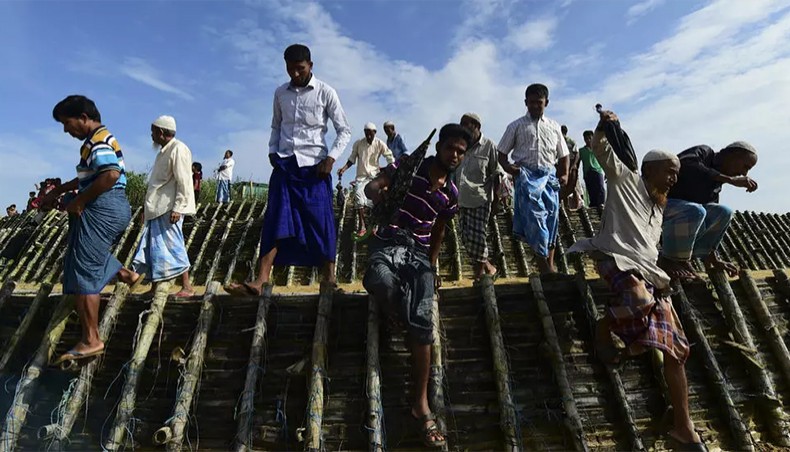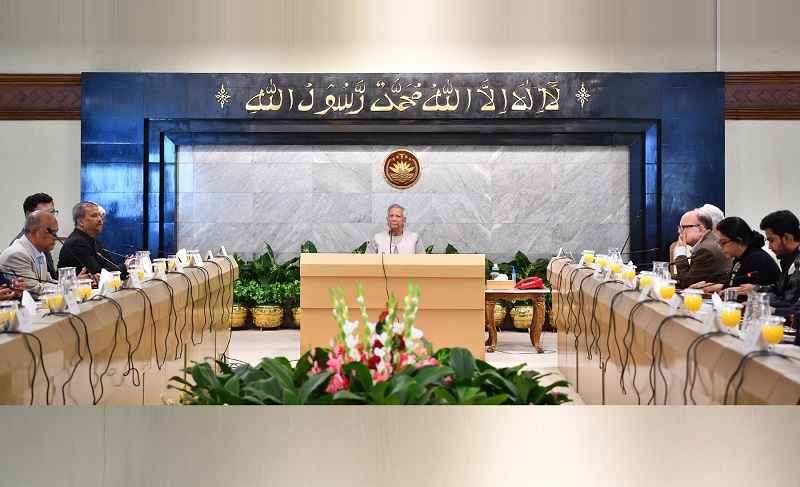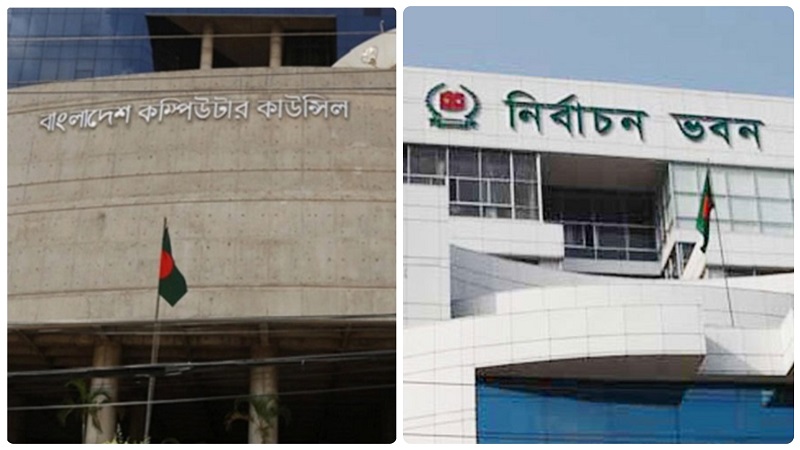News Headline :

Rohingya return uncertain, say experts
- Desk Report
- 2021-02-02 03:14:54

Military takeover in Myanmar might create a new uncertainty in launching the repatriation of the forcibly displaced Rohingya people from Bangladesh despite extensive bilateral engagements and tripartite mechanism involving China, experts said.
‘Rohingya issues are unlikely to be the immediate priorities of the regime led by military chief General Min Aung Hlaing right now,’ Bangladesh Enterprise Institute president Humayun Kabir told New Age.
They might focus on staying ‘politically safe’ on domestic and international considerations to consolidate power, he said.
However, top military leaderships, including Min Aung Hlaing, who are under targeted sanctions by the US and some European countries, might use the Rohingya situation by starting repatriation from camps in Bangladesh to improve their image globally after consolidation of power, Humayun Kabir, who was Bangladesh ambassador to the US and a secretary at the foreign ministry, added.
Myanmar’s military seized power in a bloodless coup on Monday, detaining democratically elected leader Aung San Suu Kyi and imposing a one-year state of emergency.
Shahidul Haque, a retired major general of the Bangladesh Army, said the repatriation of the Rohingya people might not start by this June, which was sought by Bangladesh in the recent tripartite meeting involving China and Myanmar.
Repatriation is highly unlikely to begin even in a year as the military would remain engaged in consolidating power with corrective measures for managing the vote bank of the Suu Kyi-led political party during the emergency period, said Haque, who was a defence attache at the Bangladesh embassy in Myanmar.
Bangladesh government experts on Myanmar and the Rohingya situation believe that the military takeover in Myanmar would have hardly any impact on Bangladesh’s efforts in tackling the Rohingya situation. ‘Bilateral engagements on Rohingya issues already reached a stalemate and there is no scope for further deterioration,’ said the government official.
With their tainted image globally for perpetrating ethnic cleansing through genocide, rape and arson, and targeted sanctions imposed by powerful countries like the US and the UK, the military regime led by Min Aung Hlaing might have seized power out of ‘anxiety and uncertainty,’ he said.
The international quarters, including China, Japan, several developed and ASEAN member countries, and countries in the immediate neighbourhood including India, would review their respective positions now on how to engage with Myanmar, said the official, adding that earlier they were hesitant about creating pressure on Myanmar on Rohingya repatriation on the pretext of supporting a democratic regime led by Aung San Suu Kyi with the aim of improving human rights situation in the country.
Another serving diplomat said, ‘Concepts of human rights and democracy are interdependent. Condoning human rights violations was bound to have a negative impact on democracy. Many countries expected that Myanmar would develop on the ashes of human rights. The military coup proved that such assumptions were deeply flawed.’
The military takeover in Myanmar might save the image of China as the tripartite mechanism led by the country for Rohingya repatriation from Bangladesh ‘was bound to fail,’ said a government expert on the matter.
Foreign minister AK Abdul Momen said the Myanmar authorities should take back the Rohingya people irrespective of the types of regime.
Some 8,60,000 Rohingyas, mostly women, children and aged people, entered Bangladesh fleeing unbridled murder, arson and rape during ‘security operations’ by Myanmar military in Rakhine, what the United Nations denounced as ethnic cleansing and genocide, beginning from August 25, 2017, according to the UN agencies.
Not a single Rohingya returned to Myanmar since the signing of instruments with the country in December, 2017.
The latest Rohingya influx took the number of undocumented Myanmar nationals and registered refugees in Bangladesh to over 1.1 million over the years, according to estimates by UN agencies and Bangladesh foreign ministry.
Latest News











